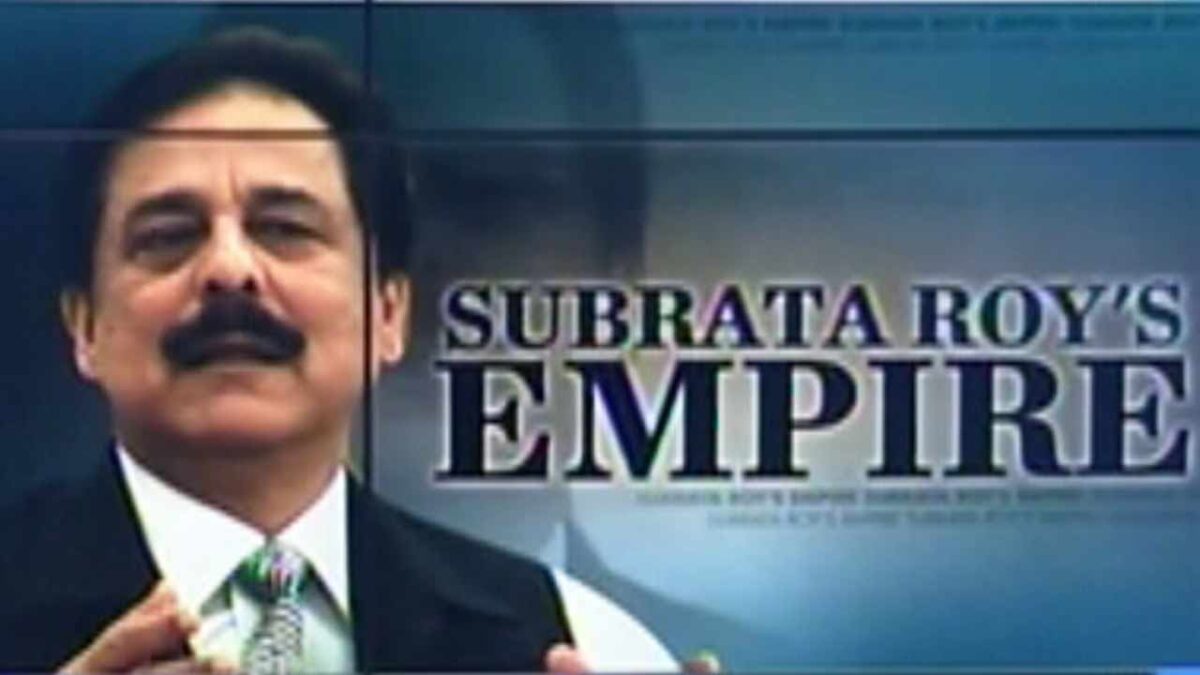Subrata Roy, founder of the Sahara India Parivar, passed away at 75 due to cardiorespiratory arrest. Subrata Roy had a well-established business conglomerate, the Sahara Group which he founded in 1978. Subrata Roy was a renowned figure in the business landscape of India.
Table of Contents
Subrata Roy and Sahara Group
Subrata Roy passed away in cardiorespiratory arrest after suffering from a prolonged illness. He was admitted to the Kokilaben Dhirubhai Ambani Hospital and Medical Research as he felt uneasy. The Sahara Group in their official statement mentioned that Subrata Roy was a visionary leader who passed away at 10:30 on the 14th of November due to cardiorespiratory arrest along with complications due to hypertension and diabetes. In the statement, the group condoled the death of their honorable “Saharasri” who was a guiding force and a source of inspiration for all his colleagues and co-workers.
Born in 1948 in Bihar, Roy joined Sahara Finance in 1976, a struggling chit fund company at the time, and established a vast empire that created a mark for itself in the nation’s business landscape and beyond. Under his leadership, the company expanded into different sectors including media, finance, real estate and hospitality. Subrata Roy was a mechanical engineering student at Gorakhpur where he started his first business venture.
By 1978, under the guidance of Roy, the Sahara India Parivar had developed into one of the nation’s largest business conglomerates. The group is termed as a Residuary Non-Banking Company that accepts deposits with low amounts. During the 90’s, Subrata Roy decided to move to Lucknow which later on became the base of the group. From there, the group ventured into a multifarious range of business interests.
Diversified Ventures of the Sahara Parivar
Over the years, the Sahara group expanded into different sectors including media, healthcare, hospitality, financial services, education, entertainment and so on. In 1992, the group launched a Hindi newspaper called the Rashtriya Sahara. The 1990s also saw the launching of the Aamby Valley City Project near Pune.
In the 2000s, Sahara TV was launched which later came to be known as Sahara One. The group also started the weeklies like Sahara Time in English, Sahara Samay in Hindi and Sahara Aalmi in Urdu. The 2000s also witnessed the Sahara group acquiring properties like London’s Grosvenor House Hotel. It also acquired the ownership of the Plaza Hotel and Dream Downtown Hotel in New York City. Under the flamboyant Roy, the Sahara group also sponsored the Indian Cricket Team till 2013.
The Times Magazine once hailed the Sahara Group as the “second largest employer in India after the Indian Railways”. According to the 2012 survey by India Today, Subrata Roy was the tenth most influential Indian businessman.
Sahara Sheher
The Sahara Sheher refers to a township project started by the Sahara group under the able guidance and visionary leadership of Subrata Roy. The main focus of the project was to develop self-sustained townships with all facilities like recreational, residential and commercial. Including all of these would have attracted tourists across the world and would be a pivotal factor in revenue generation.
Allegations on Roy
Subrata Roy along with the Sahara Group faced some serious legal troubles regarding some major financial irregularities. In his response, he accused the Indian National Congress of a witch-hunt as he opposed Sonia Gandhi’s candidature to become the country’s Prime Minister. In 2014, the SEBI (Securities and Exchange Board of India) ordered the Sahara group to pay back the money to the investors accusing the group of having raised funds illegally. Roy was arrested in 2014 but was later released in 2016 on payroll
